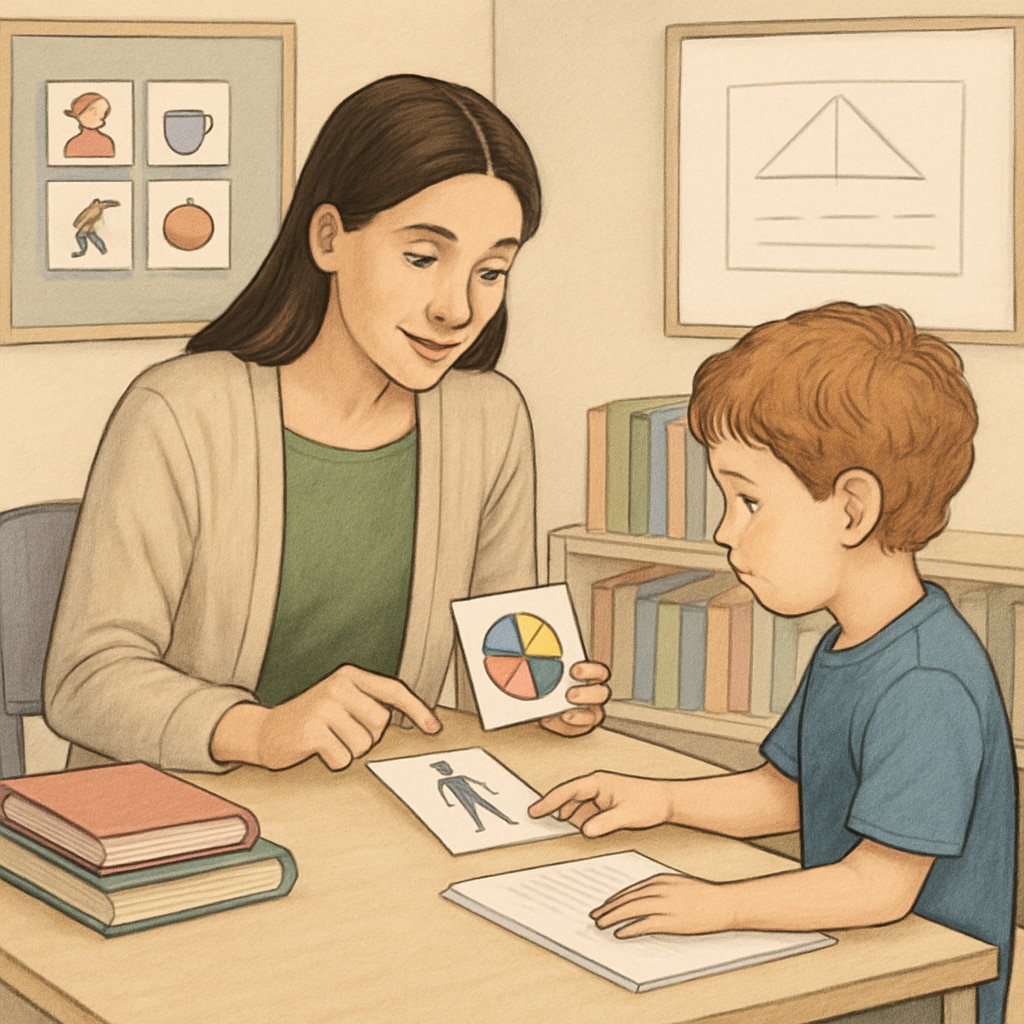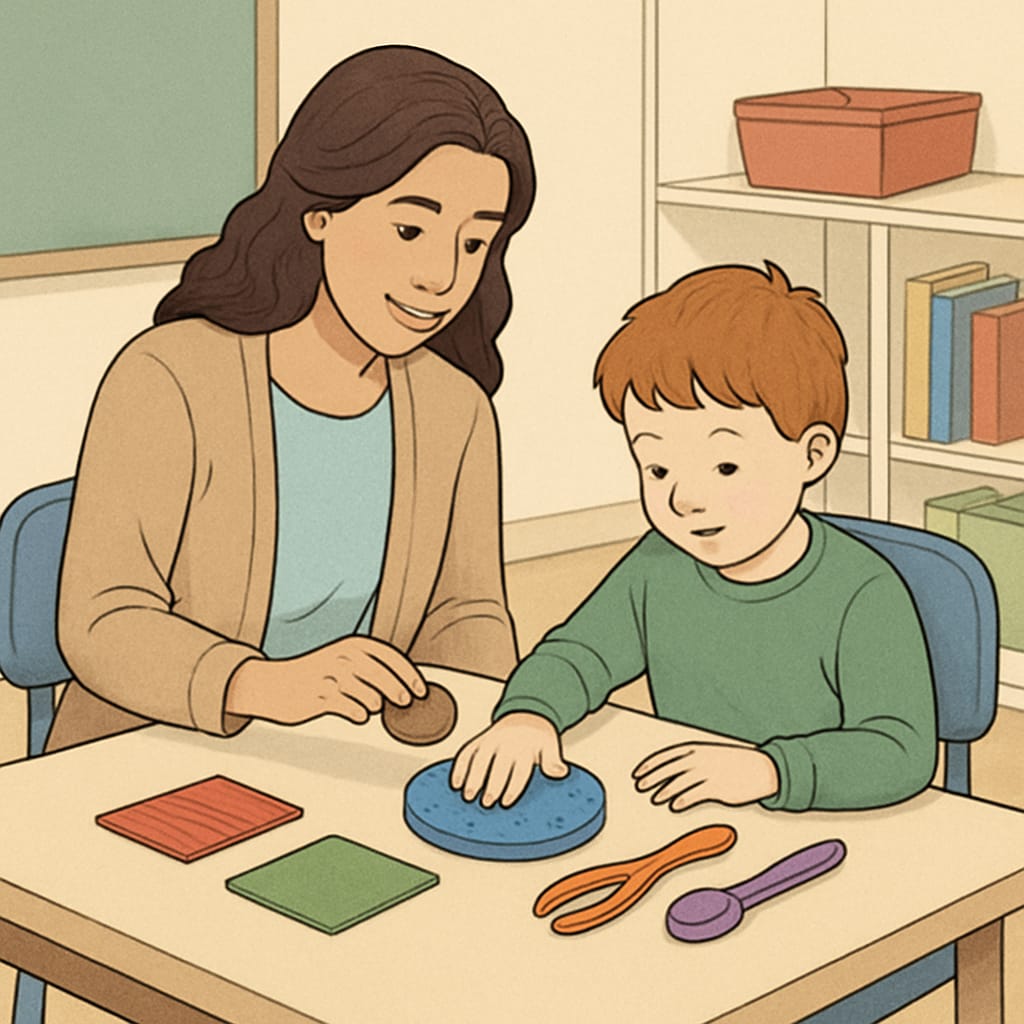Working as a teaching assistant in special education, particularly with children on the autism spectrum, is a profession filled with challenges, learning opportunities, and deep rewards. Special education teaching assistants play a critical role in bridging the gap between these children and their unique educational needs. If you’re preparing for an interview or seeking advice for success in this field, understanding the essential skills and mindset is key.
Preparing for the Role of a Teaching Assistant in Special Education
When applying for a position in special education, particularly one focused on autism, preparation is crucial. Schools often look for individuals with patience, empathy, and an understanding of the challenges faced by children on the autism spectrum. Here are some practical tips to help you prepare for an interview:
- Research autism spectrum disorders: Gain a basic understanding of autism, including its characteristics and how it impacts communication, behavior, and learning. Helpful resources include the Wikipedia page on Autism or articles from trusted organizations like Autism Speaks.
- Understand specific teaching strategies: Familiarize yourself with methods such as Applied Behavior Analysis (ABA), visual schedules, and sensory integration techniques.
- Showcase relevant experience: Highlight any prior experience you’ve had with children, whether in a classroom, daycare, or volunteer setting.
- Prepare for scenario-based questions: Many interviews will ask how you’d handle specific situations, such as dealing with meltdowns or encouraging participation. Think about your responses in advance.
- Demonstrate adaptability: Schools value candidates who can adjust their approach to meet each child’s needs.

Key Skills for Success in Special Education
Once you’ve secured the role, being an effective teaching assistant requires both technical and personal skills. Here are the most critical skills to focus on:
- Communication Skills: Many children with autism experience difficulties in verbal communication. Being able to use alternative methods like sign language, visual aids, or PECS (Picture Exchange Communication System) is invaluable.
- Empathy and Patience: Children with autism often need extra time and understanding. Empathy helps you connect with them, while patience allows you to work at their pace.
- Observation Skills: Monitoring behavior and recognizing triggers for stress or meltdowns are essential for preventing disruptions and ensuring a positive environment.
- Collaboration: You’ll be working closely with teachers, parents, and therapists. Strong teamwork ensures the best outcomes for the children.
- Problem-Solving: Flexibility and creativity are key when adapting strategies to fit individual needs.

Challenges and Rewards of the Profession
While the role of a teaching assistant in special education is rewarding, it also has its share of challenges. Children with autism often require unique approaches, and the path to progress may be slow. However, witnessing their growth and achievements can be immensely fulfilling. Here’s what to expect:
- Challenges:
- Managing behavioral outbursts and sensory sensitivities.
- Balancing the needs of multiple children in a classroom.
- Maintaining patience on difficult days.
- Rewards:
- Building strong relationships with children and their families.
- Seeing children achieve milestones, both big and small.
- Contributing to the development of inclusive education practices.
In addition, being part of a supportive team and knowing you’re making a difference in the lives of children with autism can provide a deep sense of purpose.
Final Thoughts: Becoming a teaching assistant in special education is more than just a job—it’s an opportunity to make a lasting impact. By preparing thoroughly, developing key skills, and embracing the challenges, you can succeed in this rewarding profession.


